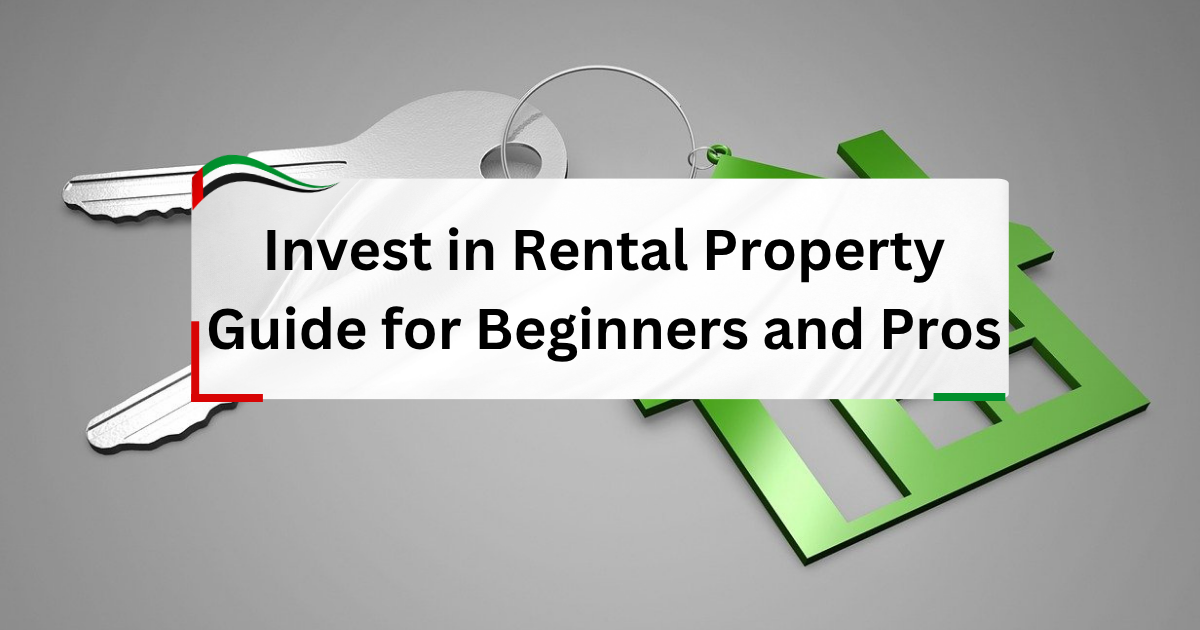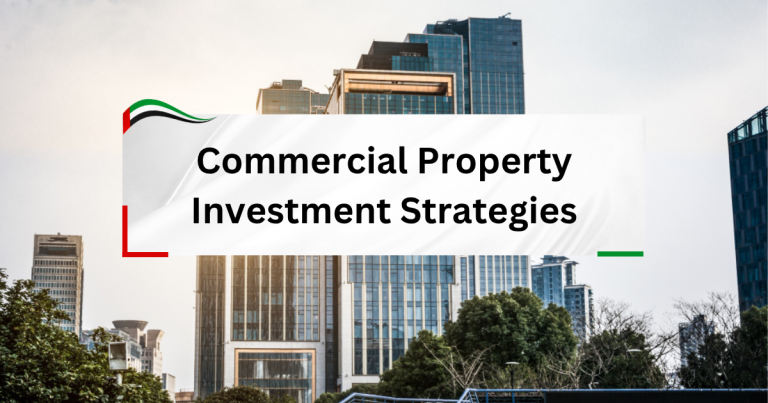Invest in Rental Property – Guide for Beginners and Pros
Everybody wants to find financial independence, and rental properties provide a genuine opportunity to achieve it because of their real-world nature. Real estate follows a less volatile path in comparison with stock market trends. Real estate is concrete, and you can also upgrade it. Through your investment, you acquire a real-world property because you do more than place your funds into trading platform pixels. Real estate transactions involve purchasing physical assets in the world. You can gain maximum profit through invest in rental property.
Rental property stands out because of its multiple forms of returns for investors. A single property investment creates three financial benefits: you receive monthly rental income while you accumulate equity and enjoy tax benefits. Your tenants who supplement your mortgage payments simultaneously help your property values rise while your property develops through time. Your tenants generate money, which supports your financial prosperity during every successive month.
Understanding Different Types of Rental Properties
Single-Family Homes
The foundation to invest in rental property rests on single-family home rentals, especially when you get started. Independent homes rented to a family member or single occupant make up this type of rental home. Financial structuring, as well as property control and future resale options, make these properties very beginner-friendly.
Single-family rental homes have become highly sought after, as many suburban buyers desire larger homes with added privacy and residential amenities. Single-family homes have a strong draw for occupants who want to stay long-term, so your property management workload will decrease.
Multi-Family Units and Apartment Complexes
Your quest to secure massive profit streams from real estate investments should focus completely on multifamily properties. The multifamily category covers housing units like two-unit duplexes, three-unit triplexes, and four-unit buildings, along with multi-family apartment complexes. Spreading your risk becomes easier when one building contains multiple units. The remaining residents will continue to pay rent when their neighbour moves out.
As an advantage, multifamily properties deliver scalable economic benefits to residents. The consolidation of maintenance services, property management responsibilities, and utility operations across multiple units helps your business’s profitability. Commercial financing for properties with five or more units tends to focus on property performance instead of personal income to determine approval eligibility.
Short-Term Vacation Rentals
Think Airbnb and VRBO. The growing demand for short-term rentals produces superior nightly revenue compared to classic rental properties. As tourist-focused investors capitalise on the movement, downtown cities and locations next to top travel destinations attract extensive investment activity.
The path to running successful short-term rental properties contains many difficult challenges. Your short-term rental business needs continuous active management as well as regular cleaning, and you have to follow local regulations that will change intermittently. Cuban exiles who fled in 1962 report facing seasonal loads. Your summer income might reach awesome highs, but winters will probably not bring much prosperity.
Pros of Investing in Rental Property
Chance to Earn Passive Income
What makes investments in rental properties so attractive? None other than the passive income generated. Proper tenant arrangements and system optimisation lead to unfaltering monthly income flow. A complete hands-off approach isn’t possible without professional property management services, but the returns are service levels of earnings while resting.
People’s assets work to generate income while they are employed in exchange for money. Those payments will assist in eliminating mortgage debt, expenses on repairs and can help fund investment in additional properties. Rents going up, combined with fixed or paid-off mortgages, will lead to rising cash flow from the property.
Appreciation and Equity Building
Real estate represents long-term investment options because appreciation offers its most durable strategy. When your property value grows through time, your equity in the property also increases. With rising property values, you have refinancing options where you can access cash to use for investment or sell at excellent prices.
Every time you make a mortgage payment, you reduce your loan amount while boosting your actual stake in the property. You can access your property equity to build lasting wealth for yourself because it functions both as a financial cushion and a pool of funds to launch your next potential venture.
Tax Advantages for Property Owners
Investors in real estate obtain numerous tax advantages similar to those in a widespread marketplace. Income tax deductions exist for mortgage interest, property taxes, insurance premiums, repairs, management costs, and depreciation, allowing property owners to reduce their taxable income by a paper loss that doesn’t impact cash flow.
Creative investor tax strategies can create substantial deferral or reduction of taxes via cost segregation methods alongside 1031 exchange utilisation. Property owners should always talk to a tax professional before deciding on their tax strategy, and they will find that the government provides benefits for those who own real estate.
Conclusion
Invest in rental property transcends bricks and mortar along with standard monthly rent checks. It aims to create an active financial arrangement which yields better returns than your personal labor. The rental property sector delivers secure profitable routes to reach early retirement dreams or financial independence or portfolio expansion goals.
This adventure requires you to participate because it does not allow for passivity actively. The path requires dedicated research together with firm discipline and some personal resilience. Receiving income from rental properties requires capitalization on an extensive range of business processes. It including property inspection coupled with applicant background checks and legal documentation management and maintenance circumstances resolution so both landlord duties and investment responsibilities coexist seamlessly.
FAQs
What’s a good ROI on a rental property?
The average rental property investment achieves successful returns within the range of 8-12 per cent–but these results will vary based on the regional market you participate in and your investment objectives. Strong appreciation potential in hot markets causes investors to accept lower returns.
Is it better to manage the rental property yourself or hire a manager?
Managing your rental property can be more effective when done either by yourself or through a property management service. Managing your property independently will save you money while providing direct control if you live near your property and have spare time for learning the business.
What cities are best for rental property investment?
Top rental property investment cities excel because they show vibrant employment development combined with rising populations and low-cost homes. Market data from 2025 shows Columbus in Ohio, Tampa in Florida, Charlotte in North Carolina, Phoenix in Arizona, and Indianapolis in Indiana carry strong investor-friendly rent-to-price metrics.
Can I live in my rental property?
You can live in a rental, but your options will be limited. When you own a multifamily property such as a duplex or triplex, you have the option to occupy one section while renting out the remaining portions.
Who is Abu Nahyan Al nuaimi?
He is the CEO & co-founder of Atlantis Real Estate. He is a passionate expert who has helped over 630 clients worldwide with their investments in Dubai. He is also the co-founder of Al Firdoos Farm in Alain City. He is the ultimate real estate expert in Dubai, and he fulfils investors’ needs in real estate.










